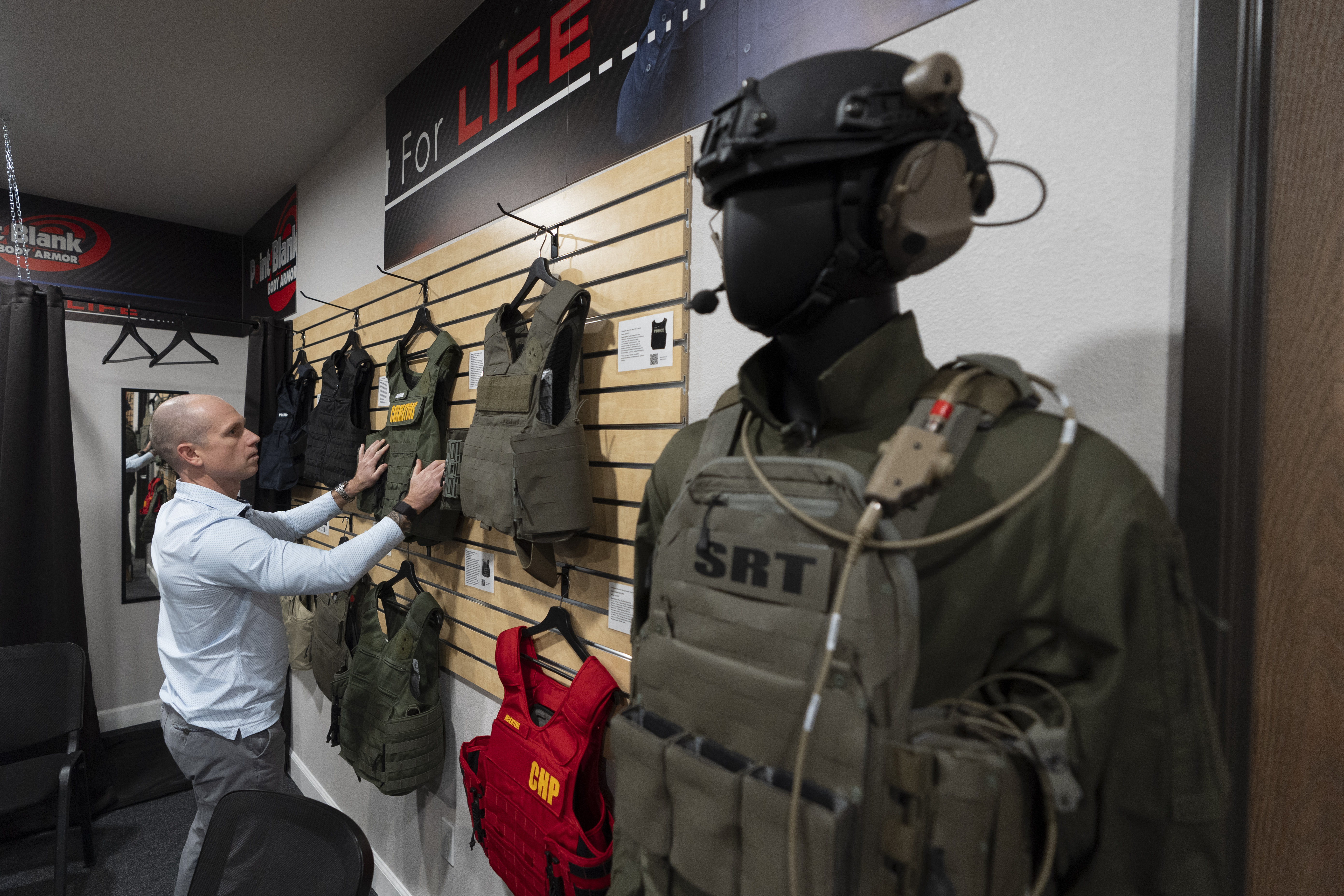White House acting Chief of Staff Mick Mulvaney plans to file his own lawsuit over testimony in the House impeachment inquiry, withdrawing his bid to join a separate case filed last month by a former Trump adviser, his attorneys said Monday.
The plans were revealed in a court filing that withdrew Mulvaney's earlier request to become part of a suit by Charles Kupperman, the president's former deputy national security adviser.
Lawyers for Mulvaney had asked Friday evening to join that lawsuit, saying his case presented similar legal issues to that of Kupperman. But they switched course following a conference call with a federal judge. They said they instead plan to file their own lawsuit asking a court to rule on whether Mulvaney must follow a subpoena from Congress directing him to testify or an order from the White House that he not appear.
Mulvaney faced opposition from lawyers for both Kupperman and House lawmakers in his bid to join the lawsuit, underscoring the lack of a unified approach from Trump administration officials in responding to the impeachment inquiry, which enters a critical public phase this week. Several people have testified in defiance of White House orders, while others have skipped their scheduled appearances.
Kupperman's lawsuit aims to have a court decide on compliance with congressional subpoenas and to resolve conflicting directives from the White House and Congress. He asked a judge to determine which branch of government should prevail.
Like Kupperman, Mulvaney has defied a subpoena from impeachment investigators. Kupperman's subpoena has since been withdrawn. His lawyer also represents former national security adviser John Bolton, who did not appear for a scheduled interview last week and has not been subpoenaed.
Lawyers for Mulvaney had said their arguments raised similar issues that belong in the Kupperman lawsuit, since they both have been close advisers to the president and in regular contact with him.
U.S. & World
But in a court filing Monday, Charles Cooper, who represents Kupperman and Bolton, said there were important distinctions between Mulvaney and Kupperman's situations, including that Mulvaney has already spoken publicly about issues central to the impeachment inquiry from the podium of the White House briefing room.
"Plaintiff, in contrast, has never publicly disclosed information relating to any of his official duties, including the matters under investigation by the House," Cooper wrote of Kupperman. The attorney said there was a "serious question" as to whether Mulvaney waived the immunity protection with his public comments.
Cooper also suggested Kupperman and Mulvaney both have arguments at their disposal that the other might not be able to exploit.
Mulvaney, for instance, still works for Trump, while Kupperman does not. That means that even if Kupperman were to be directed to testify, Mulvaney, as a current White House employee, could nonetheless look to shield himself behind a Justice Department legal opinion that says close advisers to the president should not have their attention diverted "at the whim of congressional committees."
But Cooper also suggests his clients may have other, stronger arguments for immunity than Mulvaney since all their duties "concerned advising the President on highly sensitive matters of national security and foreign affairs."
House Democrats separately opposed Mulvaney's effort to join the suit. They said Kupperman's case is moot since the subpoena directing him to appear has been withdrawn.



